Re/Marks on Gratitude
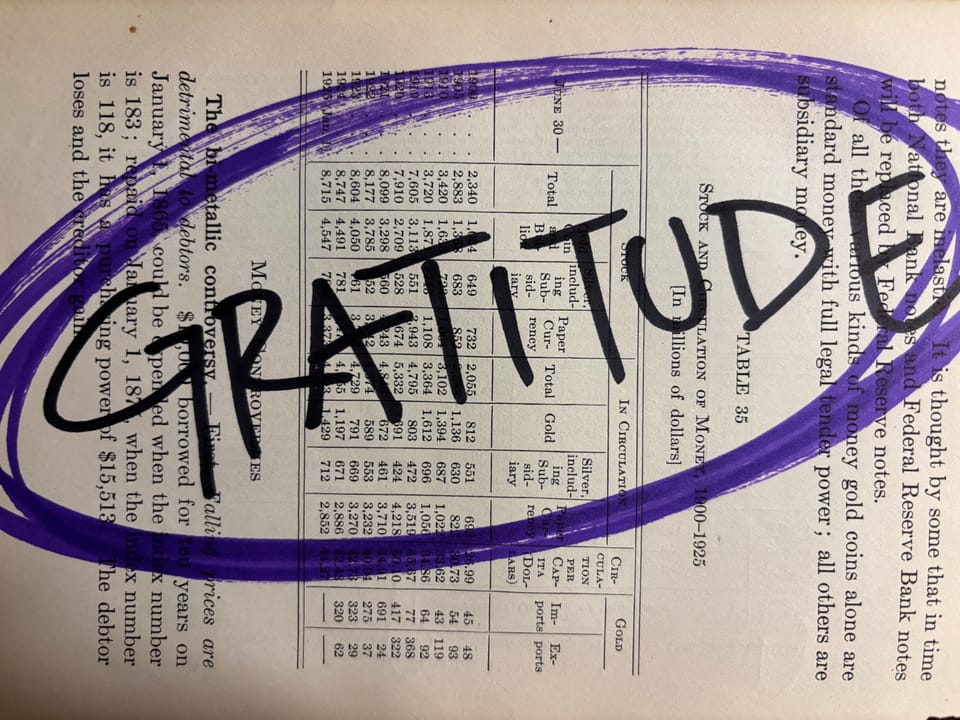
Two weeks until publication day for Re/Marks on Power: How Annotation Inscribes History, Literacy, and Justice. On Tuesday, April 15, you'll be able to read my interdisciplinary exploration of annotation that shows how this participatory act marks public memory, struggles for justice, and social change.
I was able to write Re/Marks on Power because I am the beneficiary of generous care and wisdom bestowed by cherished colleagues, friends, and family.
What follows is an abridged version of my book's Acknowledgements as I share some remarks on gratitude.
As a teen, Jeff Kupperman, Fred Goodman, Jeff Stanzler, and Michael Fahy welcomed me into my first academic community, the University of Michigan’s Interactive Communications & Simulations group. My growth as a student, then teacher, and eventually as a scholar remains rooted by their collective mentorship.
Re/Marks on Power extends conversations that transpired between 2016 and 2021 as part of the Marginal Syllabus. Thank you Christina Cantrill, Cherise McBride, Michelle King, and Joe Dillon for deepening my understanding of annotation, literacy, and learning. I’m also thankful for support we received from the National Writing Project, the National Council of Teachers of English, and Hypothesis.
Antero Garcia introduced me to the MIT Press, helped co-author my first book Annotation, and has generously collaborated on many projects.
Manuel Espinoza, who read this work and told me I was writing “the longue durée of annotation as a primary human activity,” has provided me wise counsel and fellowship over the years.
Francisco Perez walked into my office back in 2016, and we walked into Tijuana together through the San Ysidro Port of Entry two years ago. I couldn’t have written this book without his support and friendship.
Dear friends Jeremy Dean and Nate Angell were instrumental stewarding my entrance into the worlds of social annotation and open education, and both thoughtfully organized my stint as Scholar in Residence at Hypothesis.
Many friends and colleagues have obliged my obsession with annotation over the years, including Chris Andrews, Kira Baker-Doyle, Maha Bali, Robin Brandehoff, Ben Devane, Justin Cerenzia, Noah Geisel, Justin Hodgson, Ty Hollett, Betina Hsieh, Alan Levine, Charles Logan, Courtney McClellan, Debbie Reese, Chris Rogers, Tim Saunders, Dane Stickney, and Mia Zamora.
Kate Clifford Larson offered grace and encouragement in response to my chapter about Harriet Tubman.
Research for my chapter about the US-Mexico border was assisted by Carissa Pastuch at the Library of Congress. And thank you to Lizbeth De La Cruz Santana for an invaluable interview about the Playas de Tijuana Mural Project.
My chapter about marked monuments came together because of Ashley Daniels-Hall at 826 New Orleans.
Alaina Lavoie, with We Need Diverse Books, edited two #SharpieActivism blog posts that established a foundation for my fifth chapter. And Shea Swauger affirmed that my foray into critical librarianship was accurate and useful.
Dorothy Garrison-Wade, my former associate dean, directed my path through tenure and to sabbatical with distinctive mentorship.
Susan Buckley, my editor at MIT Press, heard coherence while I rambled and coached necessary decisions when my curiosity overtook practicality. Her discerning advice greatly improved the vision and quality of this book.
Re/Marks on Power would be incomplete without contributions from many other people who agreed to an interview, answered my email, confirmed details, or permitted my use of an image. I name them all in my full Acknowledgements. As do I share more extensive and sincere commentary about my loving friends and family.
Thank you all, I'm most grateful.
As a reminder, you can pre-order Re/Marks on Power or, after April 15, look for the open access version made possible by generous funding and support from the MIT Press Direct to Open program.

Know an annotator who should be featured in Reading Re/Marks? Send me a note!
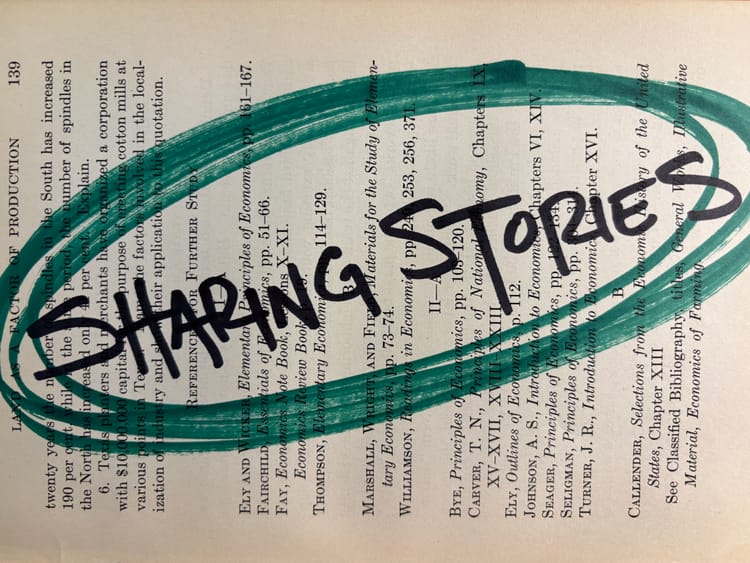
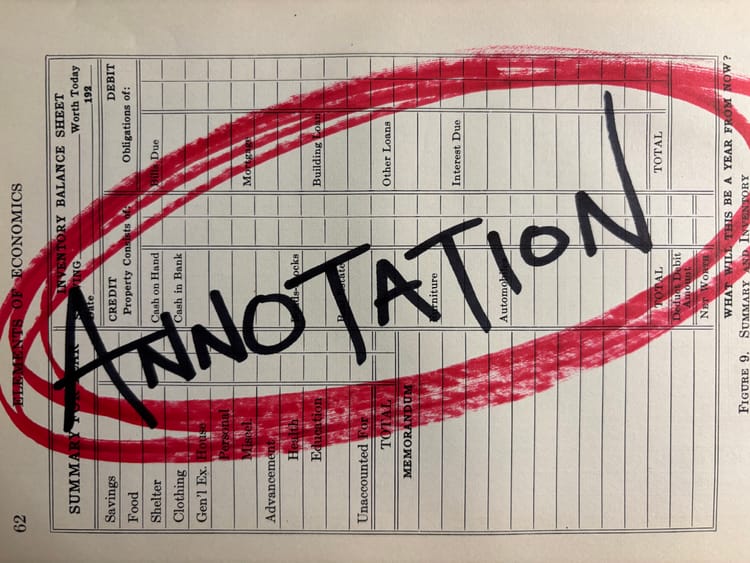
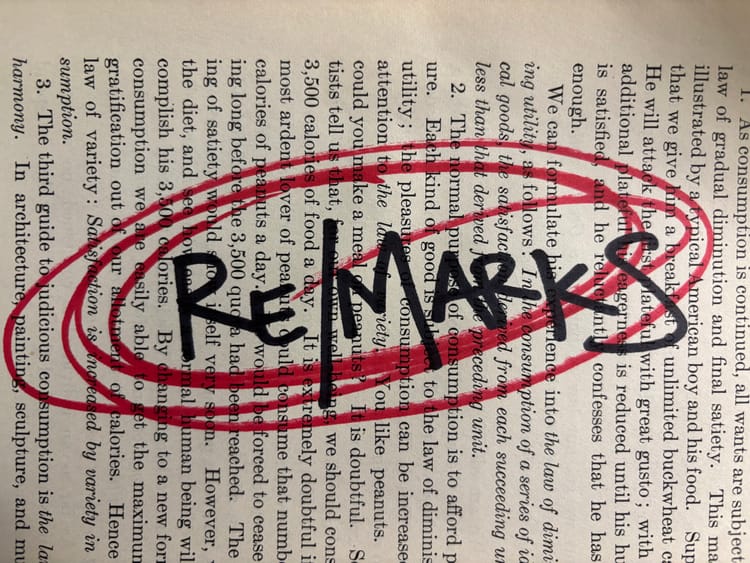
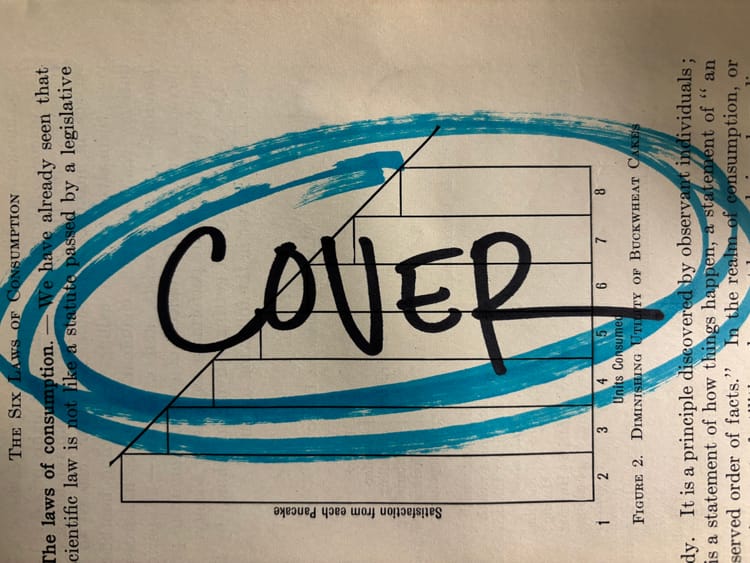
Member discussion